10 tips for lowering cholesterol naturally
By Nutrition Consultant Jessah Robinson
In saying this, it can also be very detrimental to your health to have low cholesterol. Cholesterol is needed for the serotonin receptors in the brain to function. Serotonin is our “happy hormone” and low levels have been linked with aggression, depression and suicide. Cholesterol is also a major component of our brain which is why low levels can cause a reduction in brain function. All our sex hormones are synthesised from cholesterol, thus low levels can cause hormone deficiencies and symptoms such as headaches, anxiety, depression, low libido, bloating and sleep disorders.
The majority of people, however, have an issue with high cholesterol which is linked to high amounts of inflammation throughout the body. If you have a lot of the wrong kinds of cholesterol in your body, it can eventually cause a heart attack or stroke. To reduce cholesterol and avoid heart disease, it is critical to follow these tips:
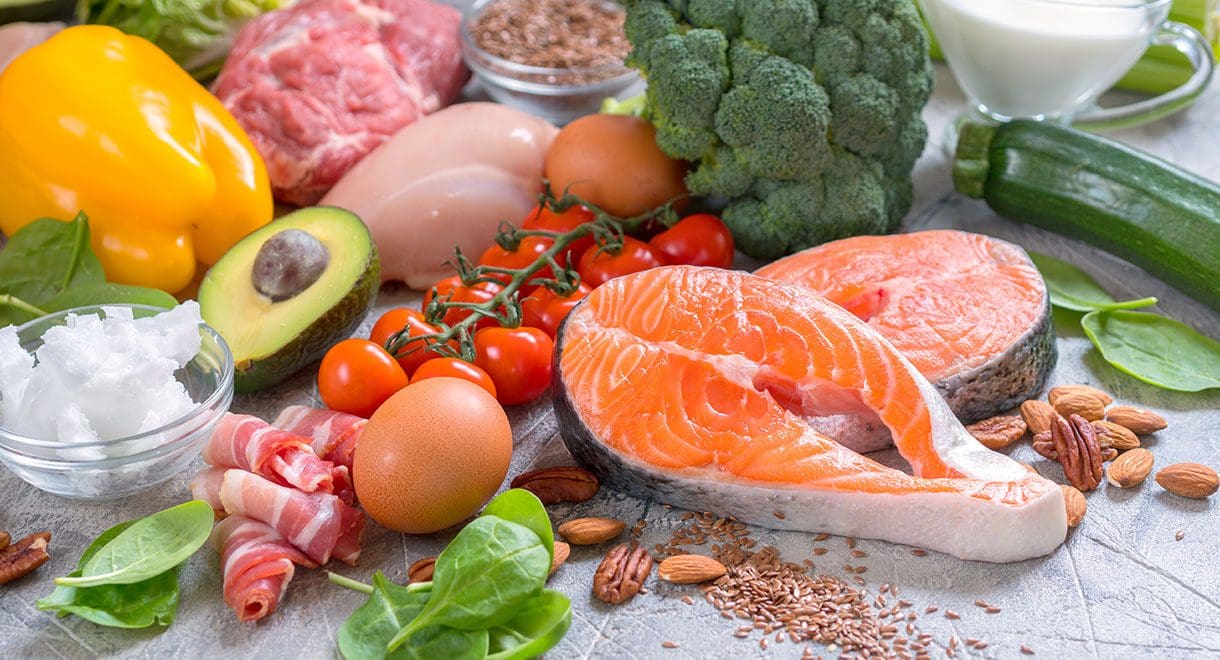

1. Follow a low-carb diet
This may be the most important thing you can do to reduce your chances of getting heart disease. Excessive consumption of carbohydrates is linked to Syndrome X, diabetes and insulin resistance. When we consume foods such as bread, rice, pasta, cereals, potatoes and corn, all these carbohydrates are converted into sugar in the body. When we consume sugar, insulin is secreted from the pancreas to allow sugar to be used for energy, and over time the excessive carbohydrates cause our bodies to no longer respond to insulin and sugar is stored as fat. Any excess carbohydrate is then converted to triglycerides or LDL cholesterol. Following a low-carb eating plan can support weight loss and lower cholesterol and triglycerides. See “I Cant Lose Weight and I Don’t Know Why” for a low-carb diet plan.
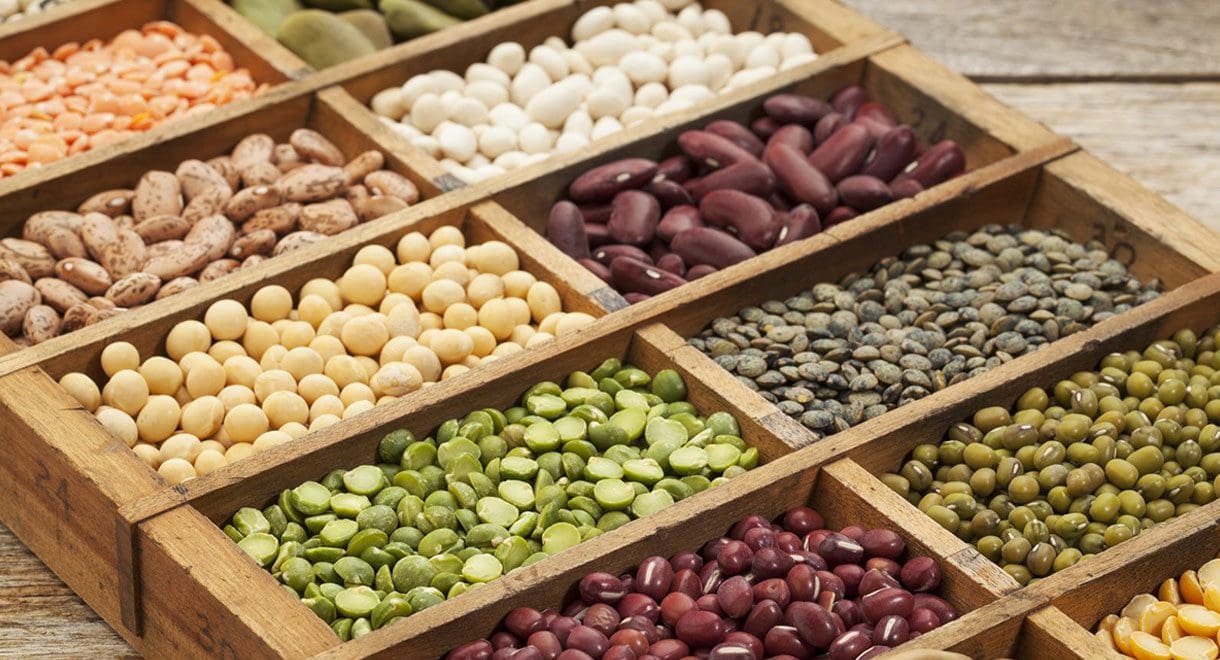

2. Increase your fibre intake
Including more fibre in your diet is one of the most effective ways to reduce cholesterol in the body. There are two main types of fibre: insoluble and soluble. Insoluble fibre absorbs water in our intestines and swells to give us bulkier stools. Soluble fibre is broken down by bacteria in the smaller intestine, and gives us a softer, bulkier stool. Foods that are naturally rich in soluble fibre are especially good at lowering cholesterol. Sources of soluble fibre include oats, barley, legumes and most fruits and vegetables. Fibre can protect you against diabetes, support a healthy weight and stabilise blood sugar levels. Fibretone powder is a natural fibre supplement you can mix in water, juice or cereal to boost your fibre intake.
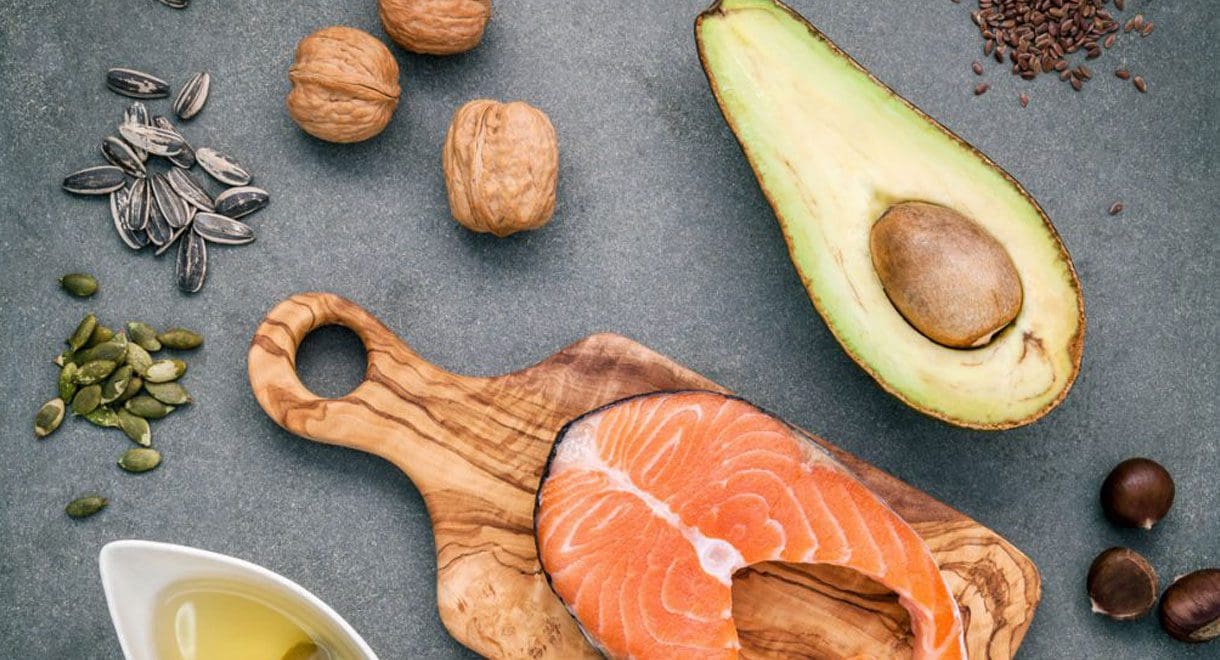

3. Eat more good fats
By good fats we are referring to Omega 3 fats which are found in oily fish such as sardines, salmon, herrings, mackerel, tuna and halibut. The best vegetarian sources of omega 3 fats are found in flaxseeds, flaxseed oil, tofu, green leafy vegetables and walnuts. Omega 3 fatty acids are very beneficial to our heart health as they can lower blood triglyceride levels, lower blood pressure, decrease the rate of plaque accumulation, increase levels of HDH “good” cholesterol and help to break up any blood clots that may be present. Monounsaturated fats are also excellent at keeping your heart healthy and can be found in extra virgin olive oil, almonds, Brazil nuts, cashews, avocado and sesame seeds. This type of fat helps to lower cholesterol levels and may protect against cancer.
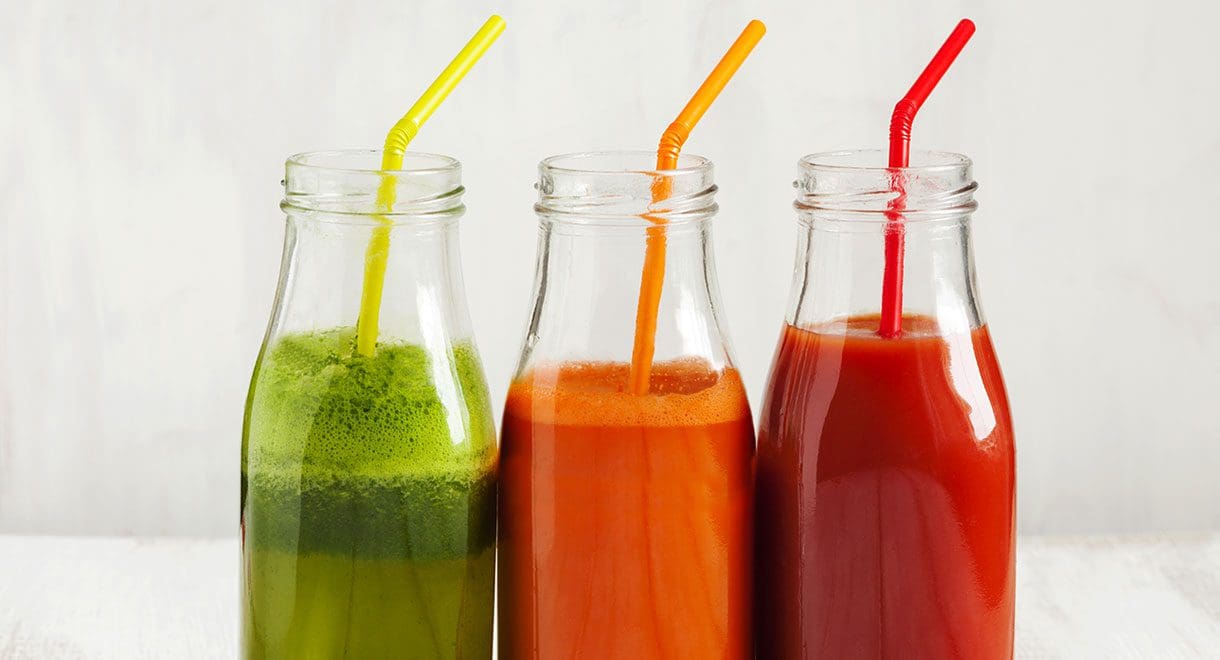

4. Load up on antioxidants
Antioxidants such as vitamin C need to be included in your diet to help protect yourself against heart disease. Antioxidants can defend against the damaging effects of free radicals in our body that can damage our cell membranes, DNA, artery walls and the fats in our bloodstream. Vegetables and fruits are very high in antioxidants, and it is important to eat a large variety of these foods as they each have unique benefits. One convenient way to get more vegetables and fruit into your diet is raw juicing. These should be made in a ratio of 80 percent vegetables to 20 percent fruit.
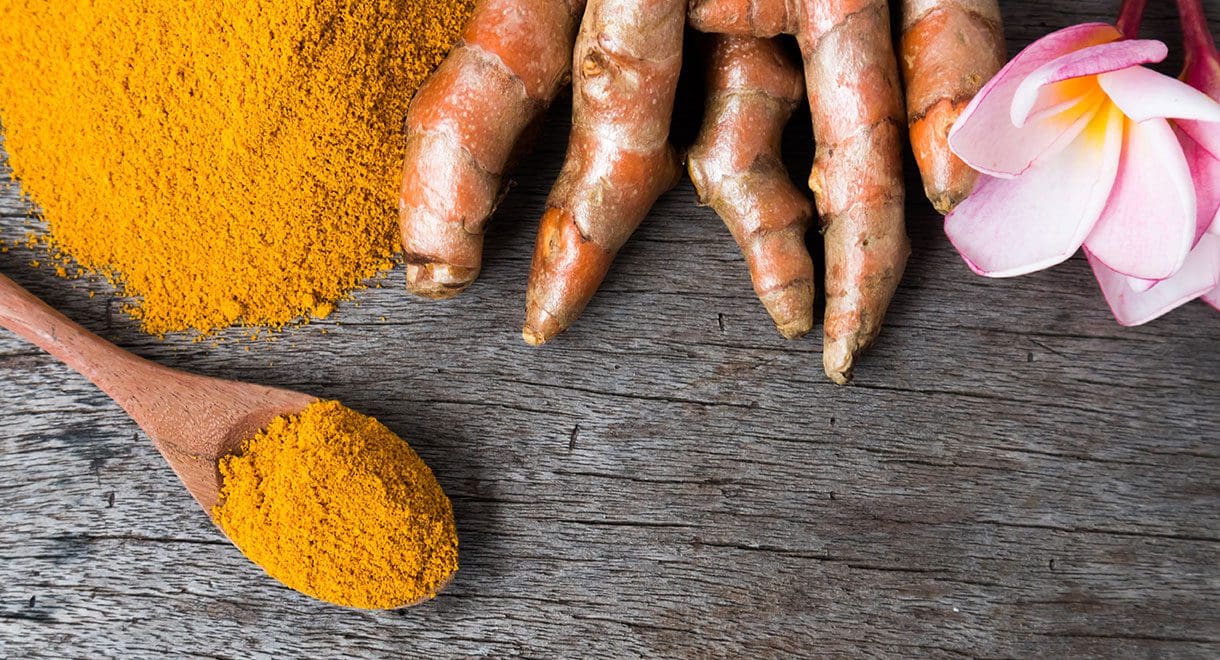

5. Spice it up!
Garlic is a natural antibiotic and powerful antioxidant that can protect our cells and tissues from damage and inflammation. Studies have shown that garlic can help to prevent blood clots, thin the blood, and help to reduce cholesterol and blood pressure. Ginger is another amazing herb, that has proven to protect against heart disease in several ways. Ginger is able to reduce inflammation in the body, lower cholesterol and triglyceride levels, and prevent the oxidation of LDL “bad” cholesterol. Turmeric has made quite a name for itself as a powerful preventative against many diseases. Turmeric is most recognised for its anti-inflammatory and antioxidant actions. Turmeric can also lower cholesterol levels and prevent the oxidation of LDL “bad” cholesterol.
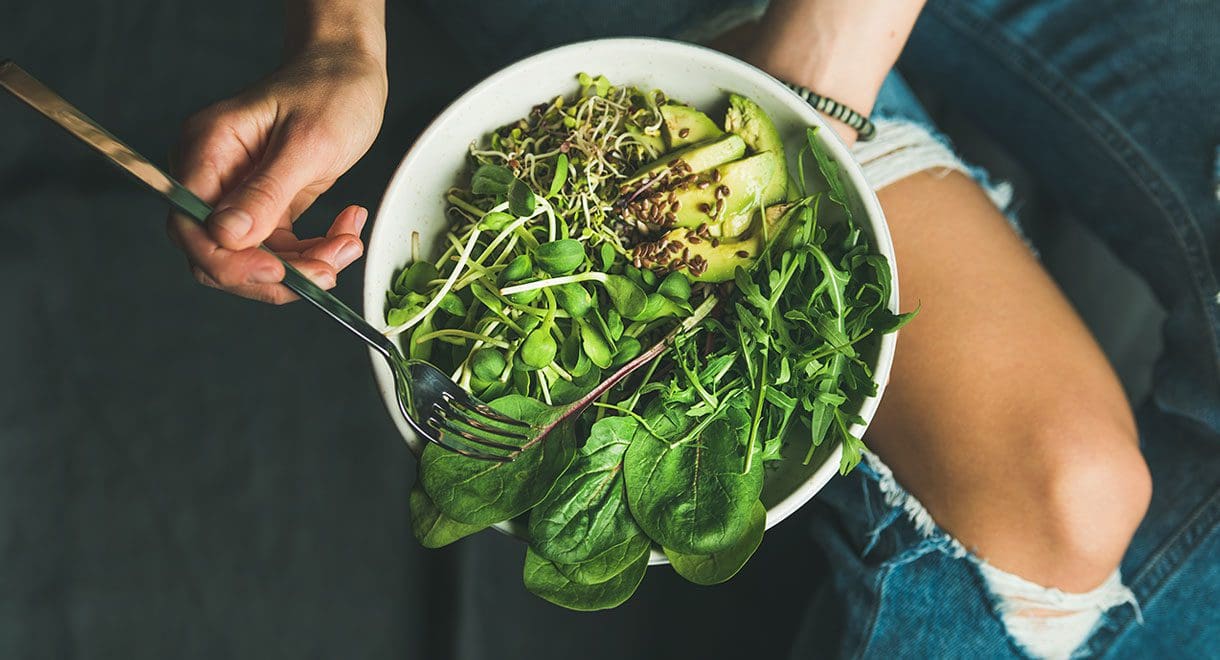

6. Reduce your homocysteine levels
High homocysteine levels are a major risk factor for heart disease as homocysteine increases inflammation and atherosclerosis (build-up of plaque in the arteries), and also increases the chances of blood clots forming. Vitamins B6, B9 (aka folic acid) and B12 are essential for lowering your your blood homocysteine levels. Good sources of folic acid include oranges, avocados, spinach, asparagus and any green leafy vegetable.


7. Look after your liver
It is critical to take good care of your liver as approximately 80 percent of the cholesterol in your body is made in your liver. If your liver is functioning optimally, you should have a healthy cholesterol level. Great ways to take care of your liver include avoiding trans fats, reducing sugar and carbohydrate intake, eating raw foods and drinking raw vegetable juices. Taking a liver tonic can make a vast improvement to liver health, and it is best to find one that contains B vitamins, milk thistle, selenium, taurine and turmeric.
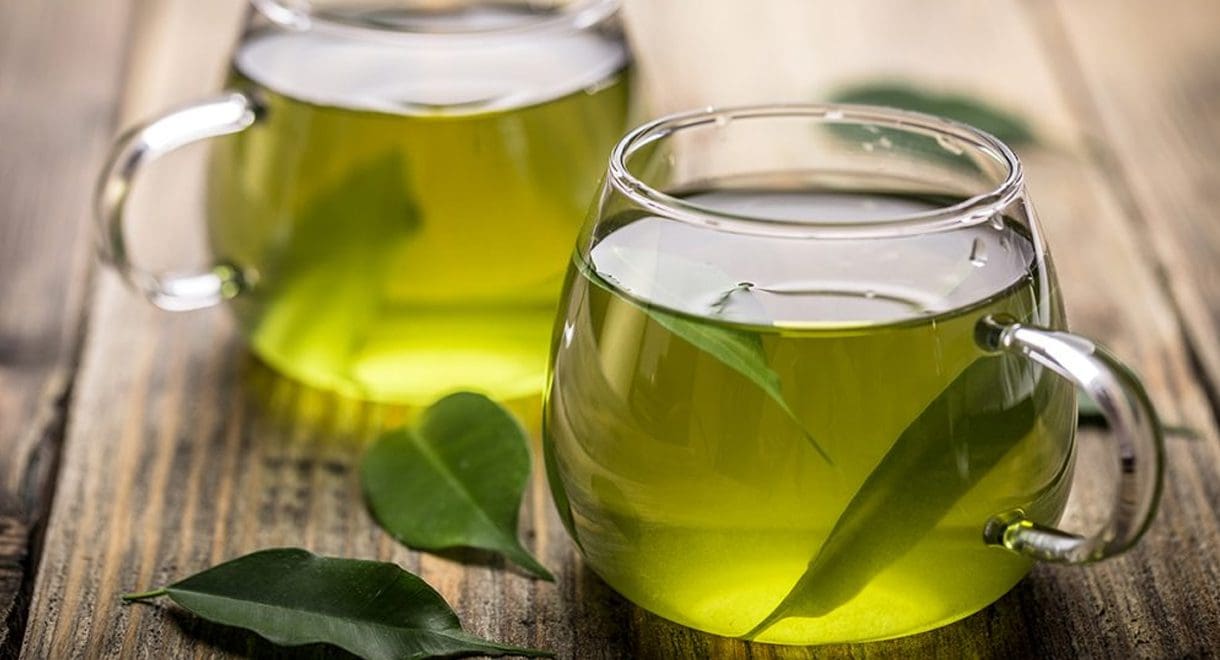

8. Sip green tea
While there are many benefits to drinking green tea, several studies have indicated that the tannins in green tea are particularly effective at lowering cholesterol. A study was released in 2011 claiming that when green tea is taken in the form of a drink or capsule it can help to reduce LDL “bad” cholesterol. To make a significant impact on cholesterol levels, it is recommended to drink up to 10 cups of green tea a day.


9. Manage stress levels
Many people underestimate how detrimental stress can be to our health. You may follow a healthy diet and exercise regularly, yet if you are experiencing a lot of stress you are likely to get sick. Stress hormones can cause inflammation throughout our body, cause weight gain, increase our chances of developing syndrome X and suppress our immune system. Stress causes cholesterol levels to rise as any free fatty acids that are not used for energy form lipids. A number of studies have discovered that emotional stress increases cholesterol levels in the blood. Ways to reduce stress include meditating, yoga or deep breathing exercises. Tyrosine is great for reducing stress and anxiety.


10. Get active
We all know how important it is to exercise, but you may not know how beneficial it is for your heart health. Exercise can make your heart muscle stronger, lower blood pressure, reduce LDL cholesterol levels and triglycerides, increase HDL cholesterol levels, as well as reduce stress, anxiety and depression. It is recommended to get at least 30 minutes of exercise a day. This may be in the form of running, cycling, walking or swimming. Exercise is one of the easiest and least expensive ways to protect your heart.


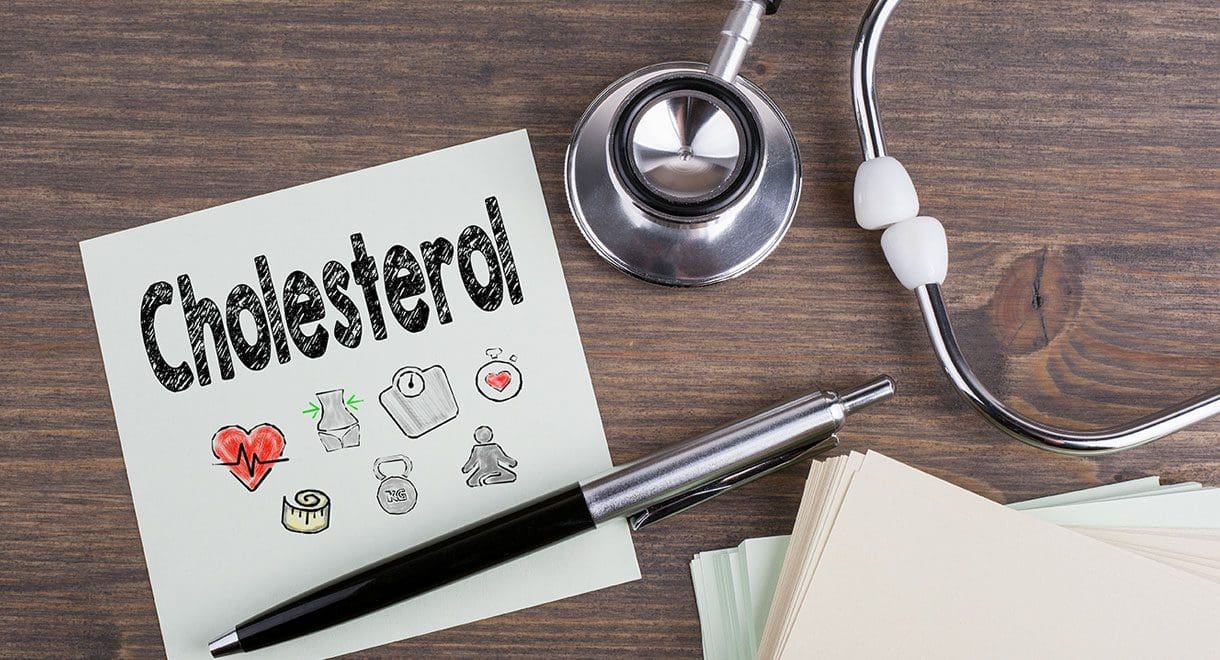






Very helpful article
What a great article. Looks like I am going down the right track having been on Cabot for years and a keto diet for the last nine months. My LDL levels are still a bit high so I might have to start on the green tea.
I will let you know how I get on.
I appreciate your recognition of the valuable tips provided for maintaining good health. Additionally, your acknowledgement of the significance of mental health aligns with the article’s emphasis on the importance of emotional well-being in conjunction with physical health. It is indeed encouraging to witness the increasing awareness and availability of resources for mental health support.I was suffering from gut health issues when I heard about colon hydrotherapy and gathered information from different resources. I would love to read an article on gut health by you. Keep sharing.